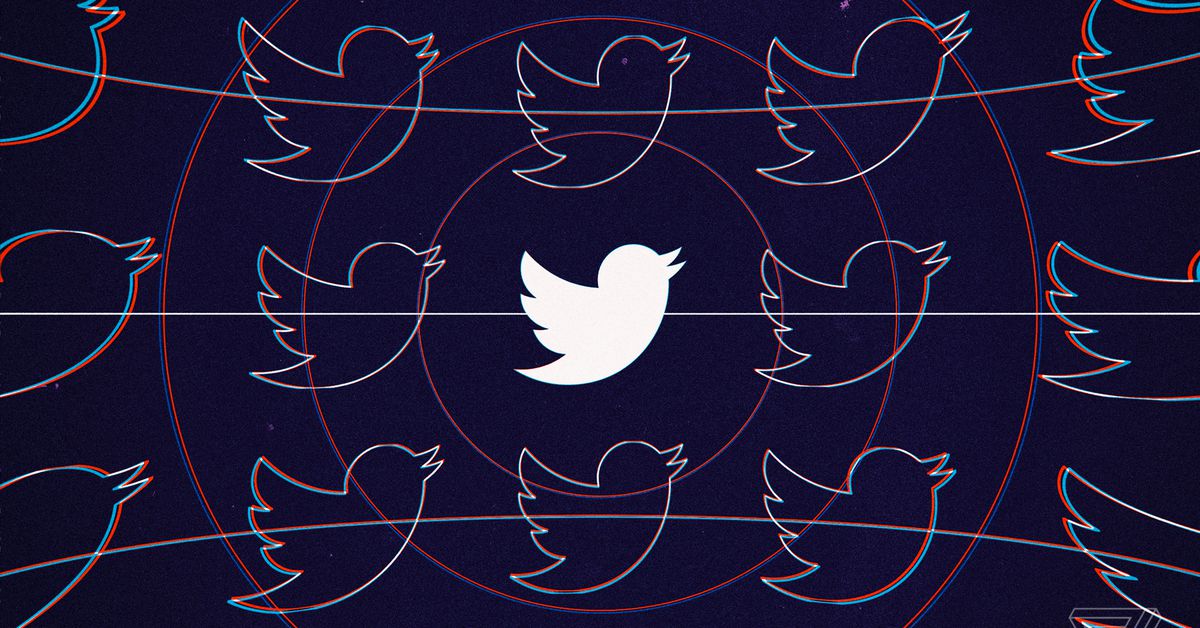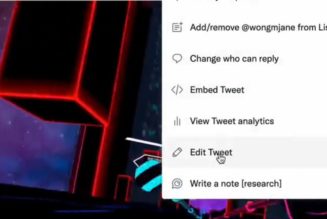
Twitter will now let private individuals request takedowns of pictures or videos featuring them. The company announced the change this morning, extending an existing ban on private information to cover media. It’s aimed at preventing harassment or invasions of privacy and includes exceptions for posts that are “shared in the public interest or add value to public discourse.”
“Sharing personal media, such as images or videos, can potentially violate a person’s privacy, and may lead to emotional or physical harm,” reads a Twitter Safety blog post announcing the change. “The misuse of private media can affect everyone, but can have a disproportionate effect on women, activists, dissidents, and members of minority communities.” Twitter will evaluate complaints by the subject of a picture or video — or someone representing them — according to its larger private information policy.
The rule potentially covers all “media of private individuals without the permission of the person(s) depicted,” but the blog post describes several scenarios where Twitter wouldn’t remove that media. As implied, it’s not applicable to people who are public figures, a category that typically includes politicians, celebrities, and other well-known people. Twitter will also take other context into consideration, as well as existing rules like a ban on nonconsensual sexual imagery.
“We recognize that there are instances where account holders may share images or videos of private individuals in an effort to help someone involved in a crisis situation, such as in the aftermath of a violent event, or as part of a newsworthy event due to public interest value, and this might outweigh the safety risks to a person,” the post says. It may also leave media online if it’s being covered by traditional news outlets. And it will consider “if a particular image and the accompanying tweet text adds value to the public discourse, is being shared in public interest, or is relevant to the community.”
Beginning today, we will not allow the sharing of private media, such as images or videos of private individuals without their consent. Publishing people’s private info is also prohibited under the policy, as is threatening or incentivizing others to do so.https://t.co/7EXvXdwegG
— Twitter Safety (@TwitterSafety) November 30, 2021
The goal is to remove pictures or videos that are fueling online harassment campaigns, although, in practice, its implementation will likely depend on moderators judging the nuance of a particular situation. It’s unclear, for instance, how Twitter might have ruled on a 2020 Twitter video depicting a white woman calling police on a Black man — an incident that was widely reported in mainstream outlets but only following a viral Twitter video and which featured two private figures but echoed a larger existing conversation about racism and policing.
Twitter spokesperson Trenton Kennedy says moderators will heavily weigh the circumstances of a given post. “We’re going to evaluate things in the context in which they’re shared, so I would encourage folks not to draw too many conclusions from past instances or hypotheticals,” Kennedy told The Verge. The policy will also require a first-person report requesting a takedown, not just a general complaint that a private figure’s image was posted. And Twitter moderators will consider whether the post was shared publicly on other social networks, not just traditional media outlets. “The general rule around our private information policy is that if this is available and easily accessible off of Twitter, we’re not going to take action on it on Twitter,” said Kennedy.
This change comes a day after a high-profile shakeup at Twitter, as longtime CEO Jack Dorsey was replaced by former CTO Parag Agrawal.









